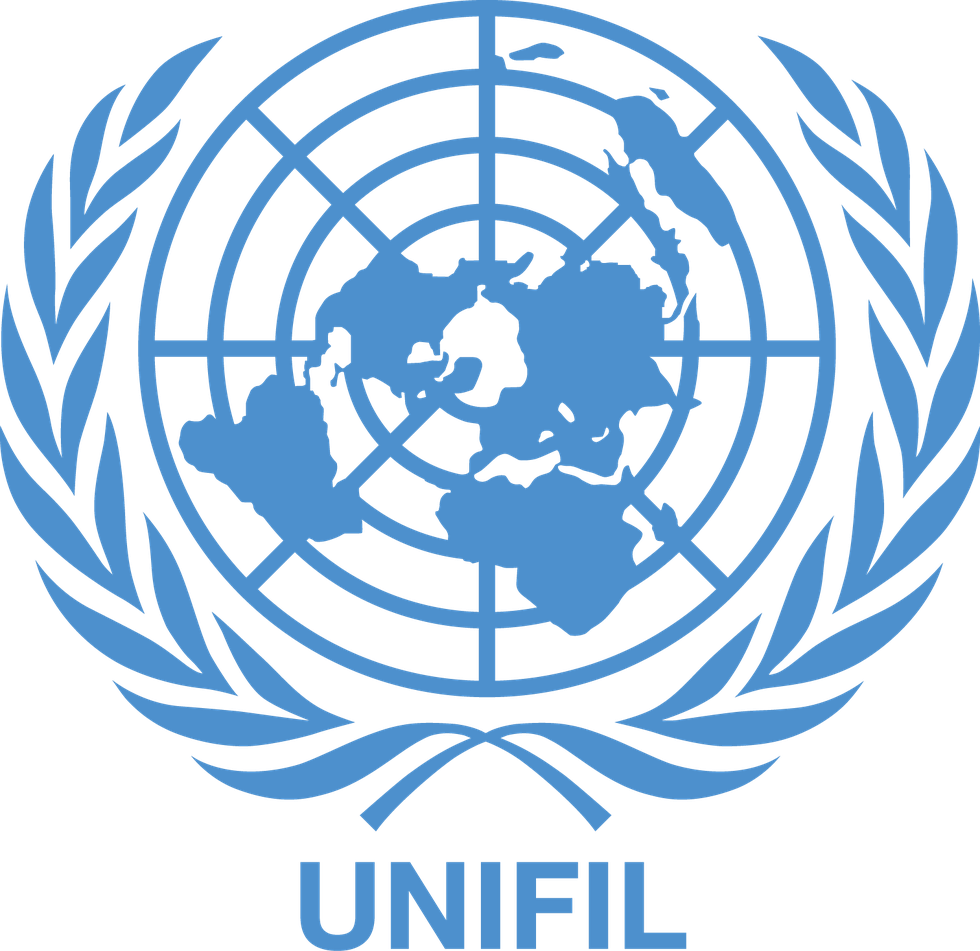About United Nations Interim Force in Lebanon
- Originally, UNIFIL was created by the Security Council in March 1978 after Israel's invasion of Lebanon.
- Mandate: According to Security Council resolutions 425 (1978) and 426 (1978) of 19 March 1978, UNIFIL was established to:
- Confirm the withdrawal of Israeli forces from southern Lebanon.
- Restore international peace and security.
- Assist the Government of Lebanon in ensuring the return of its effective authority in the area.
- The mandate had to be adjusted twice, due to the developments in 1982 and 2000.
- It has around 10,500 peacekeepers coming from 48 troop contributing countries.
- The mission maintains an intensive level of operational and other activities amounting to approximately 14,500 activities per month, day and night, in the area of operations.
- Seventeen percent of activities are carried out jointly with the Lebanese Armed Forces. UNIFIL is complemented by a five-vessel Maritime Task Force.
- Funding: UNIFIL is funded through a separate account approved on an annual basis by the General Assembly
- It is a part of UN peacekeeping force.
About the UN Peacekeeping Force:
- UN peacekeepers provide security and political and peacebuilding support to help countries make the difficult, early transition from conflict to peace.
- Principles: UN Peacekeeping is guided by three basic principles:
- Consent of the parties;
- Impartiality;
- Non-use of force except in self-defence and defence of the mandate.
- The Security Council has a vital role in securing this commitment and cooperation while providing missions with realistic and clear mandates.
- There are currently 12 UN peacekeeping operations deployed.
- For its services, UN Peacekeeping has also received the Nobel Peace Prize.
